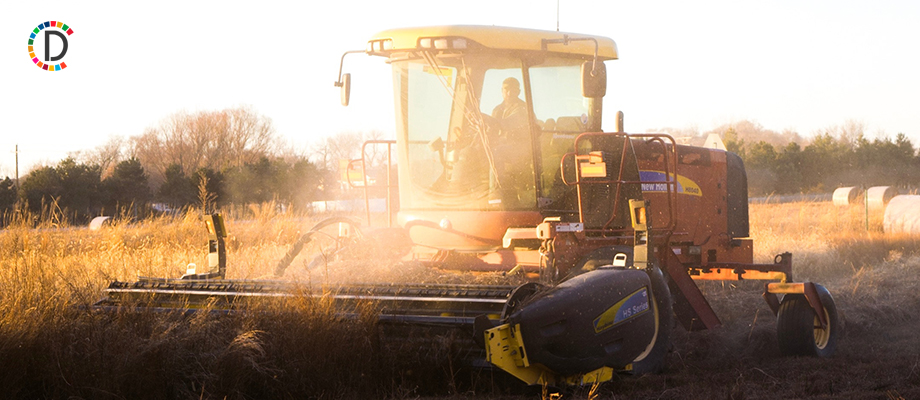Sri Lanka's Wildlife Census: Battling Agricultural Losses from Rampant Wildlife
Sri Lanka is conducting a wildlife census to manage populations of monkeys, peacocks, and giant squirrels that cause major agricultural losses. Agriculture is a crucial part of the economy, but animals are responsible for significant crop damage. Farmers like Edirisinghe Gnanasena face ongoing challenges due to increasing wildlife numbers.

Sri Lanka has launched a wildlife census initiative to manage increasing populations of monkeys, peacocks, and giant squirrels, which are blamed for substantial agricultural losses.
As agriculture stands as a vital part of Sri Lanka's economy, contributing 8% and employing over 8.1 million people, farmers struggle with crop destruction attributed to these animals. This comes as the nation ranks fourth in global coconut product exports and annually produces billions of cashew and other nuts.
In response to estimated annual losses of 90 million coconuts and significant vegetable and fruit crop damage, the census marks a step towards assessing wildlife density and formulating management policies. Farmers cite habitat loss as a key factor, stressing the need for long-term solutions.
(With inputs from agencies.)










